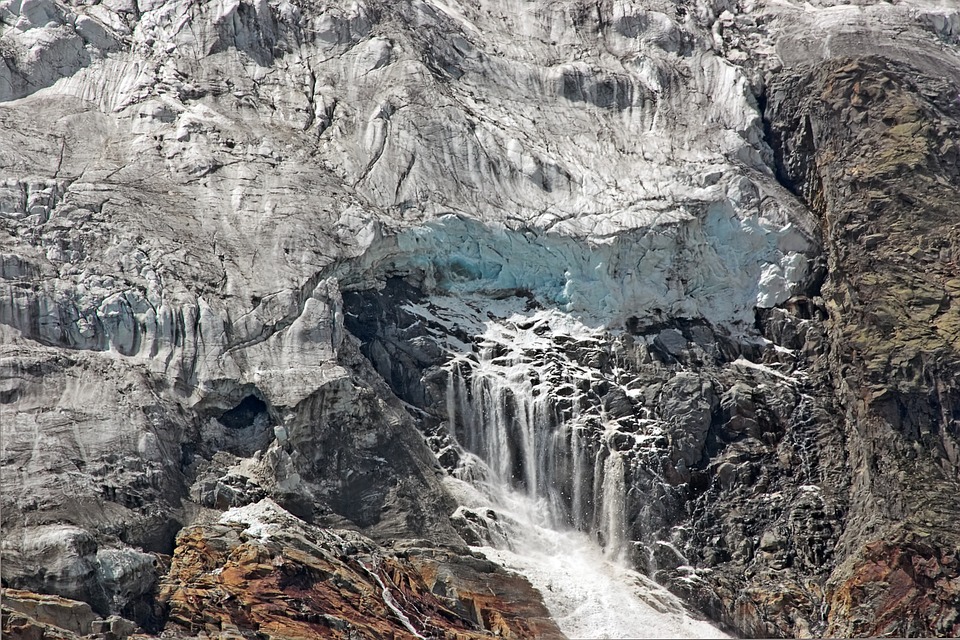Rising Sea Levels
One of the most significant consequences of global warming is the melting of polar ice caps and glaciers. This leads to rising sea levels, which can result in coastal flooding, erosion, and the displacement of communities living in low-lying areas.
Extreme Weather Events
Global warming is also responsible for an increase in extreme weather events such as hurricanes, droughts, and heatwaves. These events can have devastating effects on ecosystems, infrastructure, and human health.
Loss of Biodiversity
The changing climate is causing shifts in habitats and threatening the survival of many plant and animal species. This loss of biodiversity can have far-reaching consequences for ecosystems and food chains.
Health Impacts
Rising temperatures and changing weather patterns can also have negative effects on human health. Heat-related illnesses, respiratory problems due to air pollution, and the spread of infectious diseases are all linked to global warming.
Food Security
Changes in temperature and precipitation patterns can impact agricultural productivity, leading to food shortages and price hikes. This can exacerbate hunger and malnutrition, particularly in vulnerable communities.
Economic Costs
The consequences of global warming can also have significant economic costs. Disasters caused by extreme weather events can result in billions of dollars in damages, while the loss of biodiversity can affect industries such as agriculture and tourism.
Conclusion
It is clear that global warming has far-reaching consequences that impact not only the environment but also human health, economies, and societies. Addressing this issue requires collective action to reduce greenhouse gas emissions, promote sustainable practices, and adapt to the changes already underway.

Kyle Whyte is a notable scholar and professor at the University of Michigan, holding positions such as the George Willis Pack Professor in the School for Environment and Sustainability and Professor of Philosophy. Specializing in environmental justice, his work critically examines climate policy and Indigenous peoples’ ethics, emphasizing the nexus between cooperative scientific endeavors and Indigenous justice. As an enrolled Citizen Potawatomi Nation member, he brings a vital perspective to his roles as a U.S. Science Envoy and member of the White House Environmental Justice Advisory Council. His influential research is supported by various prestigious organizations including the National Science Foundation, and disseminated through publications in high-impact journals. Kyle actively contributes to global Indigenous research methodologies and education, with affiliations to numerous institutes and societies dedicated to traditional knowledge and sustainability. Recognized for his academic and community engagement, Kyle has earned multiple awards and served in various visiting professorships. His efforts extend to leadership positions on boards and committees focused on environmental justice nationwide.
